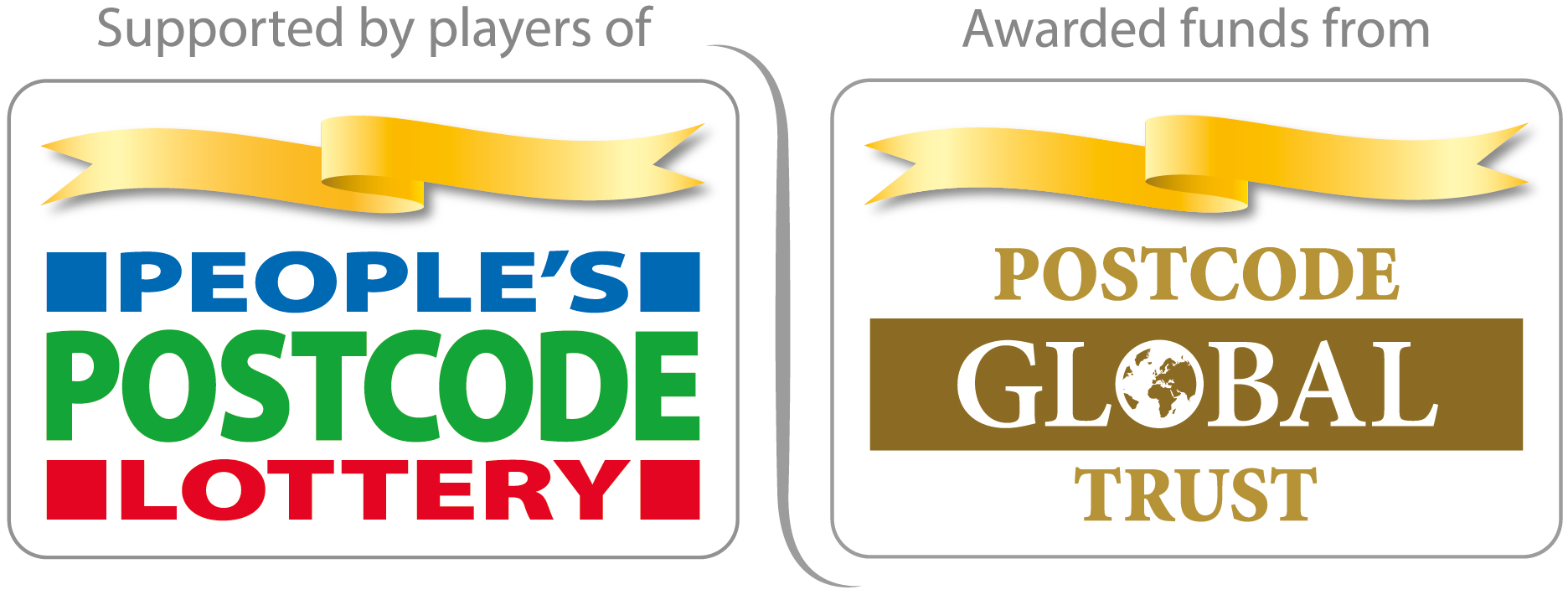Salam was injured by a cluster munition in Syria in 2015. Booby traps, improvised landmines and explosive remnants heavily contaminate Syria. Children are particularly at risk to the consequences of these weapons.
Thanks to the ongoing support of players of People’s Postcode Lottery, Salam, other Syrians impacted by the crisis, and host populations in Jordan and Lebanon, are receiving life changing rehabilitation, psychosocial support and risk education in 2021.
A tragically common accident in Syria
One day in October 2015, 5-year-old Salam was in the field with her family picking ripe olives. Her little brother was carrying water back towards her from the well. Salam noticed a strange metal object on the ground; she wanted a small sharp piece to carve pictures on rocks.
Unbeknown to her, Salam was playing with a cluster munition. A bomblet, thrown from an aircraft that had, by design, not exploded on impact but would when touched; the kind that tends to explode diagonally.
The explosion killed Salam’s little brother instantly. She, her father, her mother and four siblings who were with her in the field were also injured.
The Red Cross rushed Salam to a medical facility in Jordan as she needed emergency surgery. Her left leg was amputated.
A long path to recovery
Salam was first assessed by HI in 2015 in Za’atri refugee camp in Jordan close to the Syrian border. She was alone for months, separated from her parents in Syria, until relatives living in Jordan were found.
After surgery, she was supported by a HI physiotherapist and a psychosocial support worker. To begin with, she walked with the help of a frame so she could build strength in her injured right leg. When she received her first prosthesis, she spent time learning how to walk with this new mobility aid. Five years on, Salam is reviewed regularly so that she can receive new prostheses as she grows.
Salam’s psychological trauma was also significant. After the accident, she became extremely timid and self-conscious. She refused to play with other children. HI helped her with occupational therapy (playing with toys, games, etc.) to build her confidence and to encourage her to interact with others.
Her new life in Jordan
Salam’s Jordanian relatives welcomed her and took care of her. She now lives in Irbid with an extended family of 10 adopted brothers and sisters. She attends school where she works hard and is frequently top of the class. Her prosthesis allows her to walk to school and play with her friends.
Salam does not want to go back to Syria, even to join her birth family. She is too traumatised by what happened. Her family in Syria also believe she has better access to treatment and education in Jordan.
Salam has dreams
Salam would like to become a doctor when she grows up. She says she would love to make artificial limbs for other children. She also loves dreaming about and drawing princesses.
Her adoptive father thanks HI for supporting her:
“We used to carry her to school before receiving the prosthetic leg and now she can easily walk to go to school.”
He has also seen a big difference in Salam’s confidence and happiness.
Contamination in Syria
In 10 years of conflict, explosive weapons have been used in populated areas. Major cities like Raqqa, Aleppo and Homs have been largely destroyed by largescale and intense bombing. Many of these weapons leave dangerous remnants or do not explode on impact and remain dangerous years after combat. As a consequence, Syrian territory is heavily contaminated. Today, 11.5 million people live in areas contaminated by explosive hazards.
Between 2011 and 2018 there were 79,206 recorded casualties from explosive weapons, 87% of which were civilians. While all population groups are at risk, children, especially boys, agricultural workers and people on the move are particularly vulnerable to being injured or killed by a landmine or ERW.[1]





